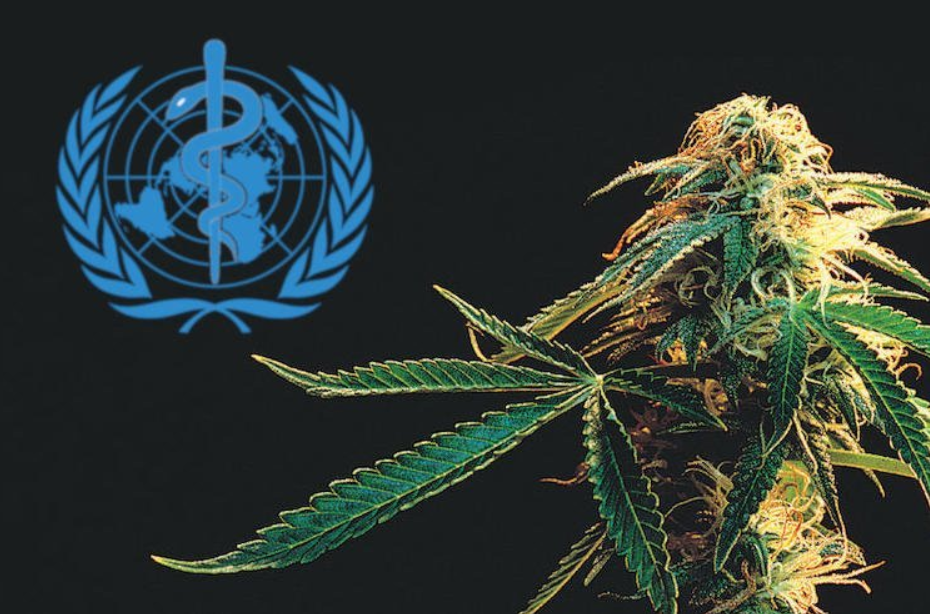UN Postpones Vote on Cannabis Reclassification to December 2020
The United Nations Commission on Narcotic Drugs has postponed its vote on the reclassification of cannabis to December 2020. The decision to delay the vote was made due to the global spread of the coronavirus.
WHO Advocates for Easing Cannabis Regulations
In February 2019, experts from the World Health Organization (WHO) presented the UN Secretary-General with a list of recommendations to amend regulations governing cannabis. The specialists proposed the following:
- Remove cannabis, hashish, THC, and its isomers from Schedule IV of narcotic substances and leave them only in Schedule I;
- Exclude cannabis products containing no more than 0.2% THC from the list of prohibited substances;
- Move THC-containing medicinal products from Schedule IV to Schedule III of narcotic substances.
What Could Be the Consequences of Cannabis Reclassification?
Schedule IV of narcotic substances includes those that are harmful to health, while Schedule I lists substances that do not require special control. If cannabis remains only in the first list, UN member states will be able to ease regulations on cannabis circulation. Excluding cannabis products with up to 0.2% THC from the list of banned substances would allow these products to be legally marketed. If THC-containing medications are moved to Schedule III, officials could relax rules governing the sale of these medicines.
What Verdict Will UN Members Deliver?
The International Narcotics Control Board (INCB) of the UN is skeptical about legalizing cannabis, arguing that lifting the ban on recreational use would lead to an increase in underage cannabis use and a decline in public health and well-being. However, the agency is more favorable toward medical cannabis. In its March 2019 report, the INCB stated that:
- Cannabinoids should be used to treat diseases only when their effectiveness and safety are proven;
- Only state-approved cannabinoid medicines should be used in healthcare;
- Doctors have the right to prescribe cannabinoids if their positive effects are equal to or greater than those of traditional medications.
International laws regulating cannabis were adopted in 1961 and 1971. INCB President Cornelis de Joncheere asserts that these regulations are outdated and need to be revised. He believes that the UN’s drug policy should be reconsidered, as current anti-drug measures often fail to achieve their goals. Given that cannabis was classified as an essential good in the United States during the coronavirus pandemic, it is highly likely that UN members will support the WHO’s initiative. Paul Manning, CEO of New Zealand biotech company Helius Therapeutics, believes that reclassifying cannabis will help create an open global market for medical cannabis.



